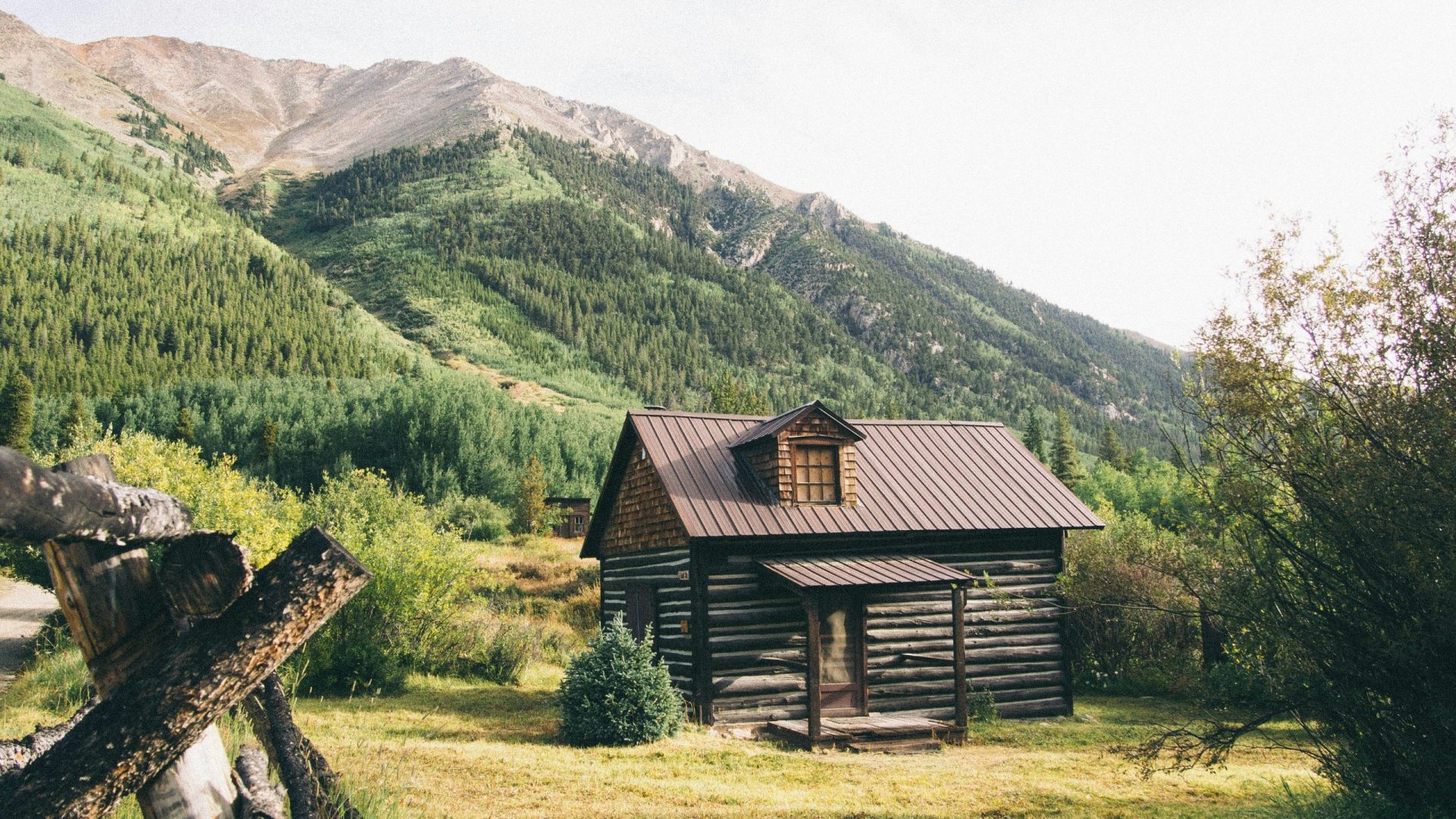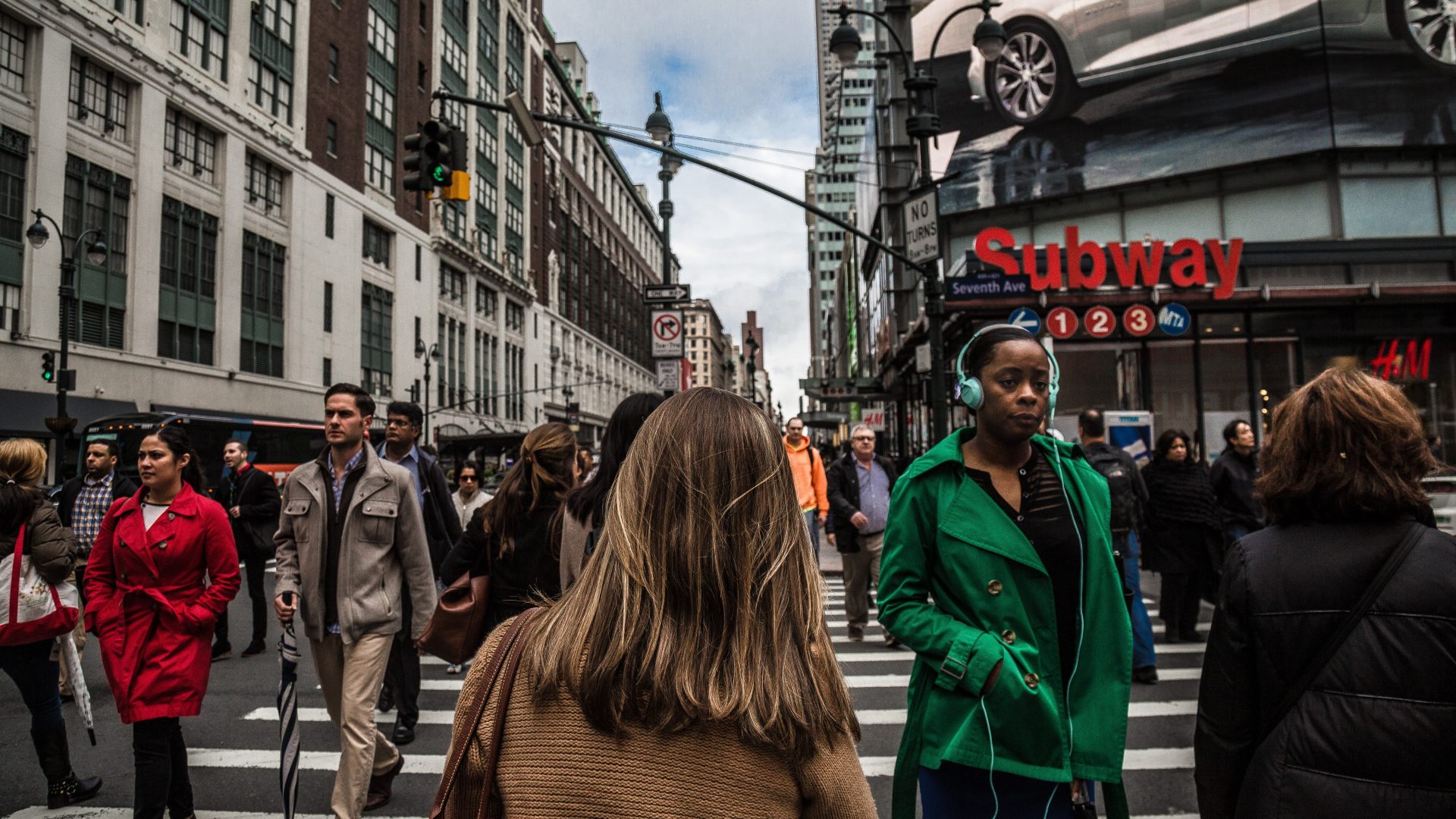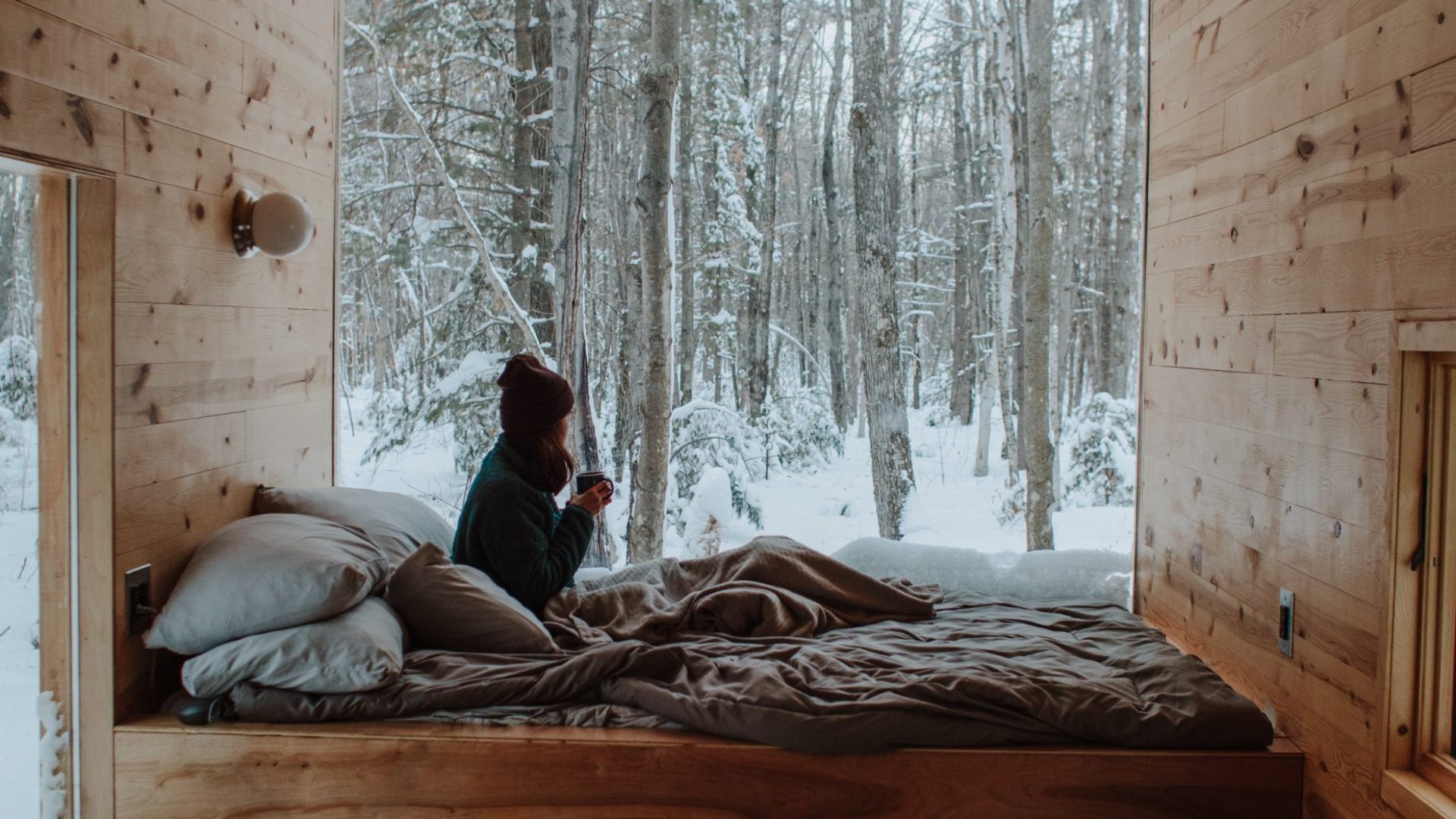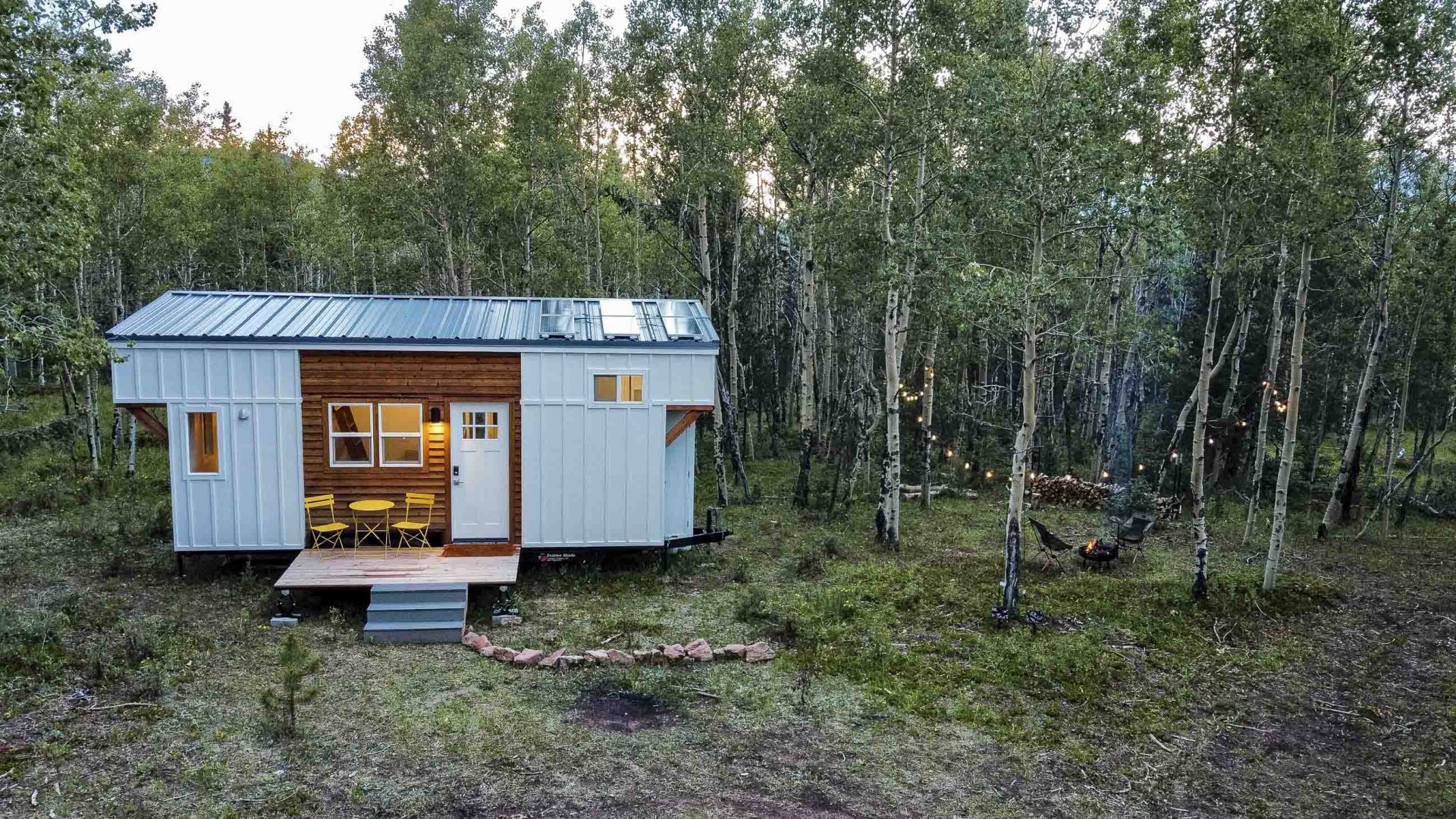Airbnb exists in cities across the world, and Colorado’s mountain towns aren’t the only ones struggling to manage it. In Paris, which has some 60,000 Airbnb listings, inventory for long-term rentals has fallen by 73 percent in the past three years, according to The Times. Recently, the French National Assembly voted to end tax breaks for such rentals and grant local authorities power to crack down. Last year, New York City changed rules for Airbnbs that made it significantly harder for hosts to qualify, and London now limits all short-term rentals to a maximum of 90 days per calendar year. Airbnbs listed in the city have a built-in countdown for hosts, so that the listing automatically goes dark once the limit is reached.
“Young people in my district and nearby along the coast around Biarritz simply cannot afford to live here anymore and that’s not right,” Iñaki Echaniz, a Socialist lawmaker from the Pyrénées, told the Financial Times. “Even in popular tourism areas, housing should not be a speculative asset dominated by private interests.”
It’s unclear, however, whether even super-strict government restrictions can make a serious impact, according to a newsletter analyzing such laws recently published by the Mountain Gazette. Even in New York, where Airbnb has been all but banned since last year, there hasn’t been a significant impact on long-term rental availability.
“Many have argued that removing the ability to host short-term renters will open up tens of thousands of available rental units in the city, yet, more than four months after New York City’s short-term rental rules went into effect, there has been no detectable increase in available rental inventory and rents have only risen further,” Taylor Marr, senior housing economist at Airbnb, said in a statement, Skift reported. “Policymakers should continue to focus on reforms that encourage new housing construction throughout the region to address the root cause of the affordability challenges.”










